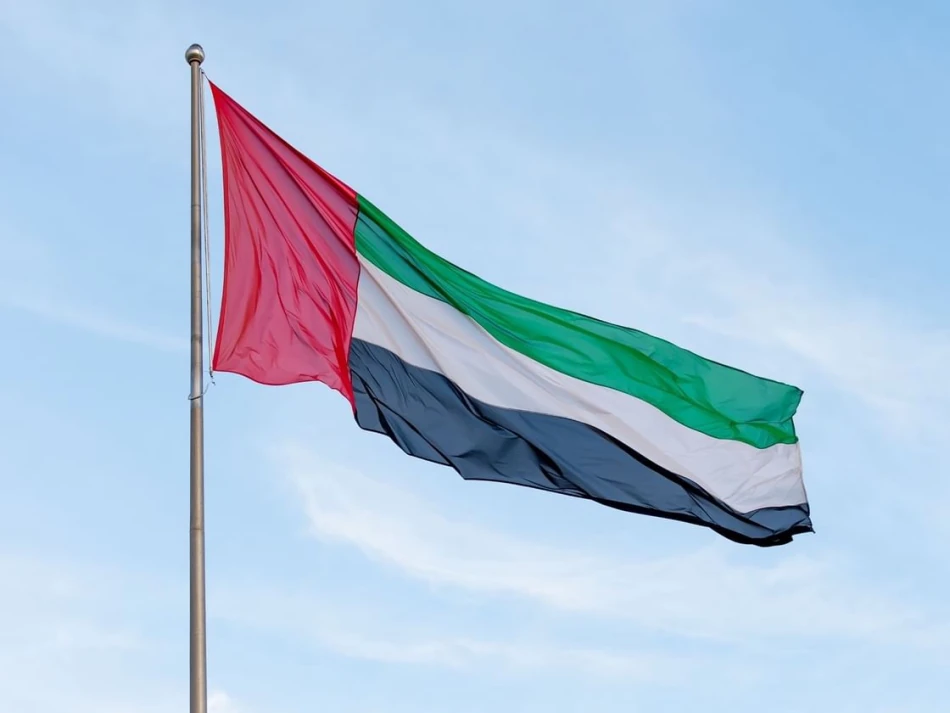
UAE Leaders Offer Condolences to Kuwaiti Emir on Passing of Sheikh Ali Abdullah
UAE Rulers Express Condolences to Kuwait Following Death of Senior Royal Family Member
The rulers of five UAE emirates have sent formal condolence messages to Kuwait's Emir Sheikh Mishal Al-Ahmad Al-Jaber Al-Sabah following the death of Sheikh Ali Abdullah Al-Khalifa Al-Sabah, underscoring the deep diplomatic ties between the two Gulf nations during a period of regional transition.
Coordinated Diplomatic Response Reflects Gulf Unity
The coordinated condolence messages from the rulers of Sharjah, Ajman, Fujairah, Umm Al-Quwain, and Ras Al Khaimah demonstrate the UAE's commitment to maintaining strong bilateral relations with Kuwait. The formal telegrams were sent by:
Sheikh Dr. Sultan bin Muhammad Al Qasimi, Ruler of Sharjah
Sheikh Humaid bin Rashid Al Nuaimi, Ruler of Ajman
Sheikh Hamad bin Mohammed Al Sharqi, Ruler of Fujairah
Sheikh Saud bin Rashid Al Mualla, Ruler of Umm Al-Quwain
Sheikh Saud bin Saqr Al Qasimi, Ruler of Ras Al Khaimah
Additionally, the Crown Princes and Deputy Rulers of these emirates sent similar messages, indicating the importance placed on this diplomatic gesture across generational lines of leadership.
Strategic Significance Beyond Protocol
While such condolence messages are standard diplomatic protocol, the timing carries particular weight as Gulf states navigate evolving regional dynamics. Kuwait has historically served as a mediator in Gulf disputes, and maintaining strong ties with the UAE—one of the region's most economically dynamic nations—remains crucial for both countries.
Economic and Political Implications
The UAE and Kuwait share significant economic interests, from energy cooperation to investment flows. Kuwait's sovereign wealth fund has substantial investments in UAE markets, while UAE-based companies have expanded operations in Kuwait's diversifying economy. These diplomatic courtesies help maintain the stable relationships that underpin billions in bilateral trade and investment.
The gesture also reflects the broader Gulf Cooperation Council's emphasis on unity, particularly as member states work to present a coordinated front on regional security issues and economic diversification strategies. Such displays of solidarity become more significant during periods of leadership transitions or family losses within ruling establishments.
Most Viewed News

 Sara Khaled
Sara Khaled






